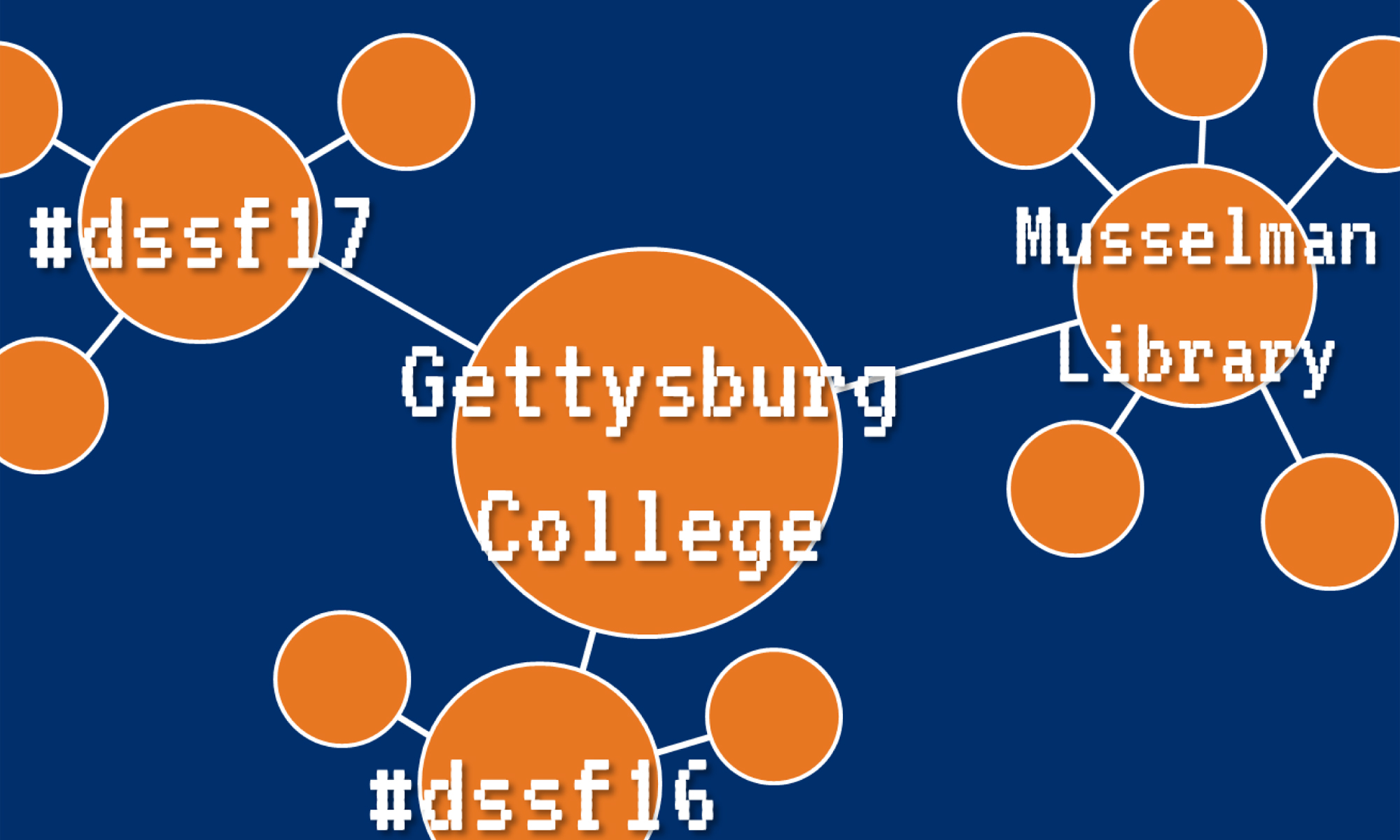When I was assigned this blog post: “How do we resist, in the sense of resisting the narratives you are working with, the tools you have been presented with, the challenges and biases you have faced as a student researcher/digital scholar, and even your own research?” Memories of everyone telling me I couldn’t do something because I was a girl or an undergraduate researcher flooded into my head all at once. I hoped to take the weekend to clear my head and find an answer because I didn’t think that just researching military subjects as a woman was an acceptable answer. Just existing can be a form of resistance in some cases, especially more extreme ones, but I don’t consider that my case. I thought about it over the weekend, especially as I went to two events with very different audiences: The Civil War Institute Conference, with a demographic of mainly older, white, straight, men; and D.C. Pride, a celebration of the LGBTQA+ community, with more diversity of races, ages, sexualities, etc. than I think I’ve ever seen. While I went to Pride and talked to people about what I was doing with research, I felt guilty. Why was I not covering these people? My people.
It’s been a constant debate in my mind: should I be doing something else? My project is literally following the cream of the crop of America, young white men with the privilege that got them into West Point in the first place. Many are from prestigious or rich families, others had fathers who had political or upper-echelon military connections. Am I resisting by merely being a woman doing this research? There are no women, no people of color, very little diversity in nationality or religion, and per many historians, LGBTQA+ did not exist until the sexual revolution in the 20th century. Am I continuing the Great White Man tradition of history?
Especially among higher up academics that I have talked with, there seems to be a discouragement from women doing any other history besides gender history, or more specifically women’s history. Especially in war. Because of the “new cultural history” there has been a focus on diverse scholars covering diverse topics, but only the topics that fit them. Women should focus on women’s history, black people should work on black history, and so on. Like the Civil War for example, women focus on Southern women, Clara Barton, mourning dresses, etc. That’s not diversity, that is segregation.
“Only a small number of female historians – notably Barbara Tuchman – have specialised in military subjects, while feminist academics have highlighted specific contributions made by women.” -Katie Adie (https://www.theguardian.com/commentisfree/2013/sep/23/first-world-war-women-remember-them)
Feminism is equality. Feminism in academia does not mean shoving women into a separate space in which they can just do women’s history. Feminism in academia means letting women go into whatever subfield of history they desire and integrating them with the existing community. Resistance in history can mean studying rights movements and telling untold narratives but it can also mean changing the community of history. Existence is not enough; normalization is the goal. When a fifteen-year-old girl isn’t mocked for going into military history, or a sophomore college student isn’t told that she should go into gender studies simply because it’s what women in history do, that’s when we’ll know.
“The gender of the scholar is beside the point and limiting our reading of a particular approach to one set of voices can only serve to diminish debate and, ultimately understanding. So dividing facets of the history of the war into men’s and women’s history is a pointless exercise.” – Jessica Meyer (https://armsandthemedicalman.wordpress.com/2014/09/16/on-being-a-woman-and-a-war-historian/)
Progress comes from the inside, the narrative will change when the community changes, and we have a long way to go.
-Julia

Can you please put a “like” button somewhere so I can click it? 🙂
I love this idea of changing the community as a concept of resistance. I think this speaks to the ideals that we have of having diverse and inclusive spaces to work and study, and by including the normally marginalized we resist against the status quo.